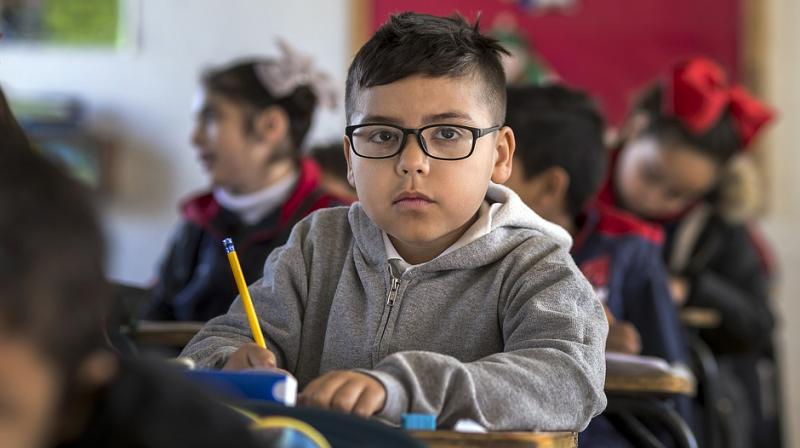Regular mid-day naps can helps kids perform better at school
A new study's findings suggest that is a link between habitual mid-day napping and neurocognitive function.

Washington: Regular mid-day naps can help tired adolescents' performance in school, suggested a study.
Researchers have taken a friend or foe mentality towards napping. Many consider a mid-day snooze as needed compensation for nighttime sleep deprivation; another faction believed daytime napping continually interfered with nighttime sleep. A University of Delaware researcher, Xiaopeng Ji, investigated the relationship between mid-day napping behaviors and neurocognitive function in early adolescents and found some key to helping the teens battle fatigue.
With participants from schools in Jintan, China, she measured midday napping, nighttime sleep duration and sleep quality, and performance on multiple neurocognitive tasks. Her findings suggest that there exists an association between habitual mid-day napping and neurocognitive function, especially in China, where mid-day napping is a cultural practice.
"In Western culture, the monophasic sleep pattern is considered a marker of brain maturation," Ji said. "In China, time for napping is built into the post-lunch schedule for many adults in work settings and students at schools."
Ji has studied the circadian rhythm of sleep (a person's 24-hour cycle). A developmental change takes place in circadian rhythm during adolescence; teenagers' rhythm shifts one to two hours later than the preadolescent period.
"This phase delay is biologically driven in adolescents," Ji said. "Think about that in a school schedule. Teenagers have to get up early for school. And, with this phase delay of going to bed later, they are at-risk for chronic sleep deprivation."
Ji explained that these adolescents may experience impaired neurocognitive function, which makes paying attention in school even more difficult. Memory and reasoning ability also suffer.
A circadian dip occurs daily from 12 to 2 p.m. During that period, adolescents are more likely to fall asleep. Many studies invite people to a lab setting -- experimentally imposing the nap -- and find the aforementioned cognitive benefits. But Ji said that's difficult to correlate with habitual sleep at home.
"The results from lab studies may be different from what the population is habitually doing at home -- sleeping in their own bed," Ji said.
The study appears in the journal Behavioral Sleep Medicine.

